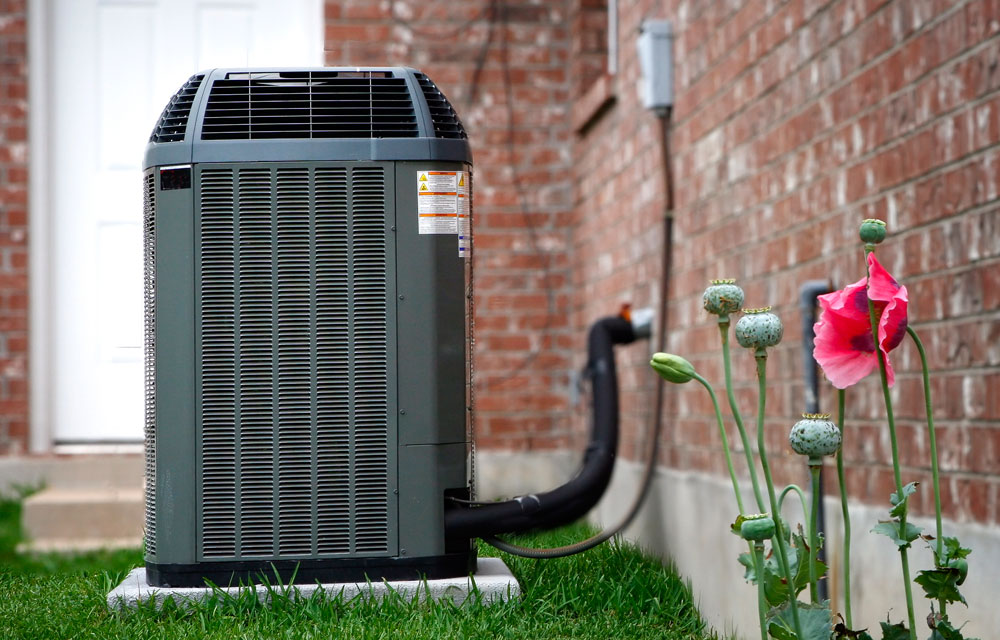Types of Heat Pumps: Exploring the Options for Efficient Home Comfort
When it comes to keeping our homes cosy and comfortable, having an efficient heating system is essential. One popular option that has been gaining traction in recent years is the heat pump.
In this blog post, we will explore the different types of heat pump Blenheim available on the market today, and how they can provide efficient home comfort.
What is a Heat Pump?
Before diving into the various types of heat pumps, let's start with a quick overview of what a heat pump actually is. In simple terms, a heat pump is a device that uses refrigeration technology to transfer heat from one place to another. It can both cool and heat your home by extracting heat from outside and transferring it indoors during winter months and vice versa during summer months.
Air Source Heat Pumps
One of the most common types of heat pumps is the air-source heat pump. As the name suggests, these systems extract heat from the outdoor air and transfer it inside your home. Air source heat pumps are highly energy-efficient and can provide both heating and cooling capabilities.
The main advantage of air-source heat pumps is their versatility. They can be used in various climates and are particularly effective in moderate temperature regions. However, they may not be as efficient in extremely cold climates where temperatures consistently drop below freezing.
Air source heat pumps work by using a refrigerant to absorb heat from the outside air. This heat is then compressed and transferred indoors, where it is released into your home. During the summer months, the process is reversed, and the heat pump extracts heat from your home and releases it outside, effectively cooling your indoor space.
visit this link - Heat Pump Blenheim

Ground Source Heat Pumps
Another type of heat pump worth considering is the ground source heat pump, also known as a geothermal or ground-coupled heat pump Marlborough wide. These systems harness the relatively constant temperature underground to provide heating or cooling for your home.
Ground source heat pumps work by circulating water through pipes buried underground. The Earth's natural warmth is then absorbed into the water and transferred to your home using a compressor system. This method makes ground source heat pumps incredibly energy-efficient because they are not affected by outdoor temperature fluctuations.
The installation of a ground source heat pump Blenheim involves burying pipes in the ground, either horizontally or vertically, depending on the available space and geological conditions. This initial installation cost can be high, but the long-term savings in energy bills make it a worthwhile investment. Additionally, ground source heat pumps have a longer lifespan compared to air source heat pumps.
Ductless Mini-Split Heat Pumps
For homes without existing ductwork, ductless mini-split heat pumps are an excellent choice. These systems consist of an outdoor unit and one or more indoor units that are mounted on the walls or ceilings of individual rooms.
Ductless mini-split heat pumps offer flexibility in terms of zoning and temperature control. Each indoor unit can be adjusted independently, allowing you to customise the comfort levels in different areas of your home. This can result in significant energy savings by avoiding unnecessary heating or cooling in unused spaces.
Unlike traditional HVAC systems that rely on ductwork to distribute conditioned air, ductless mini-split heat pump Marlborough deliver air directly into the room. This eliminates the energy losses associated with ductwork and ensures that the conditioned air reaches its intended destination more efficiently.
Conclusion
In conclusion, when it comes to efficient home comfort, heat pumps are a fantastic option to consider. Whether you opt for the versatility of an air source heat pump Blenheim, the energy efficiency of a ground-source heat pump, or the flexibility of a ductless mini-split heat pump, there is a solution that will meet your specific needs.
Remember to consult with a professional HVAC technician who can assess your home's requirements and help you choose the right type and size of heat pump for optimal performance. With a properly installed and maintained heat pump system, you can enjoy year-round comfort while reducing your energy consumption and environmental impact.
Comments
Post a Comment